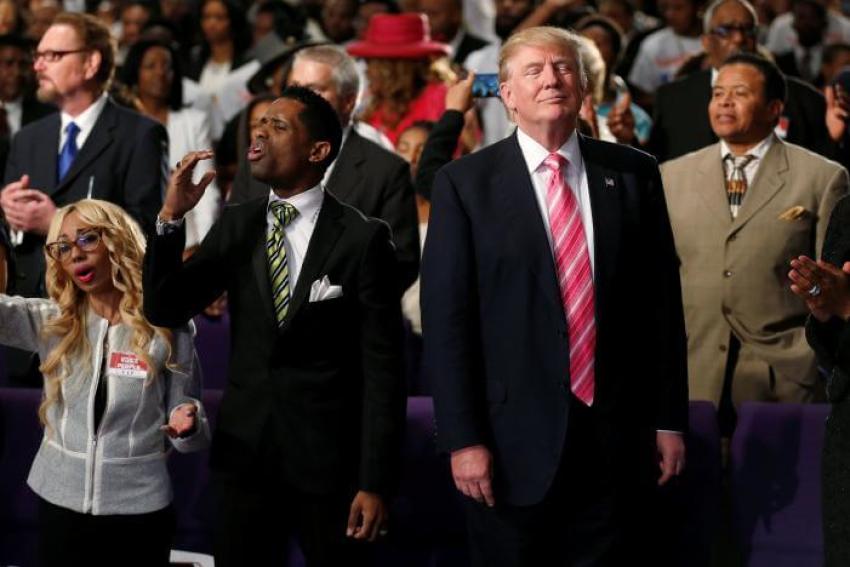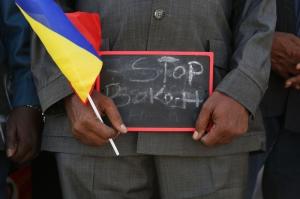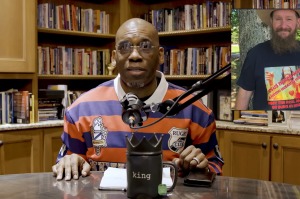Black churches concerned they are being shut out of Paycheck Protection Program

Leaders of black churches nationwide are concerned they are being shut out of accessing financial assistance under the Small Business Administration’s Paycheck Protection Program even as other churches appear to be getting help, the NAACP says.
"We have representation from all of our nine major African-American denominations," Derrick Johnson, president and CEO of the NAACP, said in an NPR report Saturday. "Most of them have complained about the lack of responsiveness from the banks to which they have submitted applications. These are churches from San Francisco to Detroit to Florida to Connecticut. We hear a consistent concern from church leaderships across the country."
The PPP is a loan designed to provide a direct incentive for small businesses, including faith-based organizations and other nonprofits, to keep their workers on the payroll, the SBA says. If all employees are kept on the payroll for eight weeks and the money is used for payroll, rent, mortgage interest, or utilities, these loans, which are administered by banks and other federally insured depository institution, will be forgiven.
While a number of churches have reported receiving funding through the program, the number of churches with predominantly black congregants have been anecdotally few and far between.
"We applied when the program first became public, but we did not receive any funding," the Rev. James Perkins, pastor of Greater Christ Baptist Church in Detroit, which has a predominantly African-American congregation, told NPR.
Perkins said because he received no help, he was forced to lay off most of his church’s nine employees while others had to take salary cuts.
"I haven't taken any scientific survey, but a number of black pastors with whom I have relationships in Detroit are concerned, because they did not receive funding [too]," Perkins said.
Rev. Kenneth Flowers, pastor at Greater New Mount Moriah Missionary Baptist in Detroit said he was told to wait by his bank when he tried to submit his application.
"We tried to submit an application to our bank, but they kept saying they were not ready," Flowers said, "and then we got an email saying all the funds have been deployed. We're discovering that there's a pattern here of minority businesses and black churches not receiving the funds."
Father Carl Beekman, parish priest at the Church of St. Mary, which serves about 1,300 families in Sycamore, Illinois, has had a different experience. He was told last week that his church would receive a loan under the PPP.
"It's a huge boon for us," he said.
On Monday, the PPP began accepting applications for an additional $310 billion authorized by President Donald Trump on Friday. Some $350 billion was initially authorized for the program but that money was quickly loaned out in two weeks.
Experts in a recent CBS News report suggested that flaws in the PPP have prevented up to 90 percent of minority and women business applicants to the program from accessing funds.
"Based on how the program is structured, we estimate that upwards of 90 percent of businesses owned by people of color have been, or will likely be, shut out of the Paycheck Protection Program," Ashley Harrington, director of federal advocacy and senior council for the Center for Responsible Lending, a nonprofit group that combats abusive lending practices that recently examined the loan program's parameters, said.
"Roughly 95 percent of black-owned businesses, 91 percent of Latino-owned businesses, 91 percent of Native Hawaiian or Pacific Islander-owned businesses, and 75 percent of Asian-owned businesses stand close to no chance of receiving a PPP loan through a mainstream bank or credit union," the center warned.
Harrington explained that many banks participating in the PPP are only issuing loans to existing clients to speed up the approval process that grants access to the money. Businesses owned by people of color, however, are less likely to have commercial banking relationships, Harrington said.
Brookings Institution research also suggests that the U.S. Small Business Administration-backed loan program favored larger, and mostly white-owned, small businesses.
"In order to achieve scale and rapidity, they did it through lenders, and lenders rationally said, 'We'll start with our existing customers first because we have all of their info,' and those tended to be larger small businesses," Joseph Parilla, fellow at the Metropolitan Policy Program at Brookings, told CBS News. "It stands to reason that the way the PPP was structured, approved loans tended to skew toward white-owned small businesses."



























